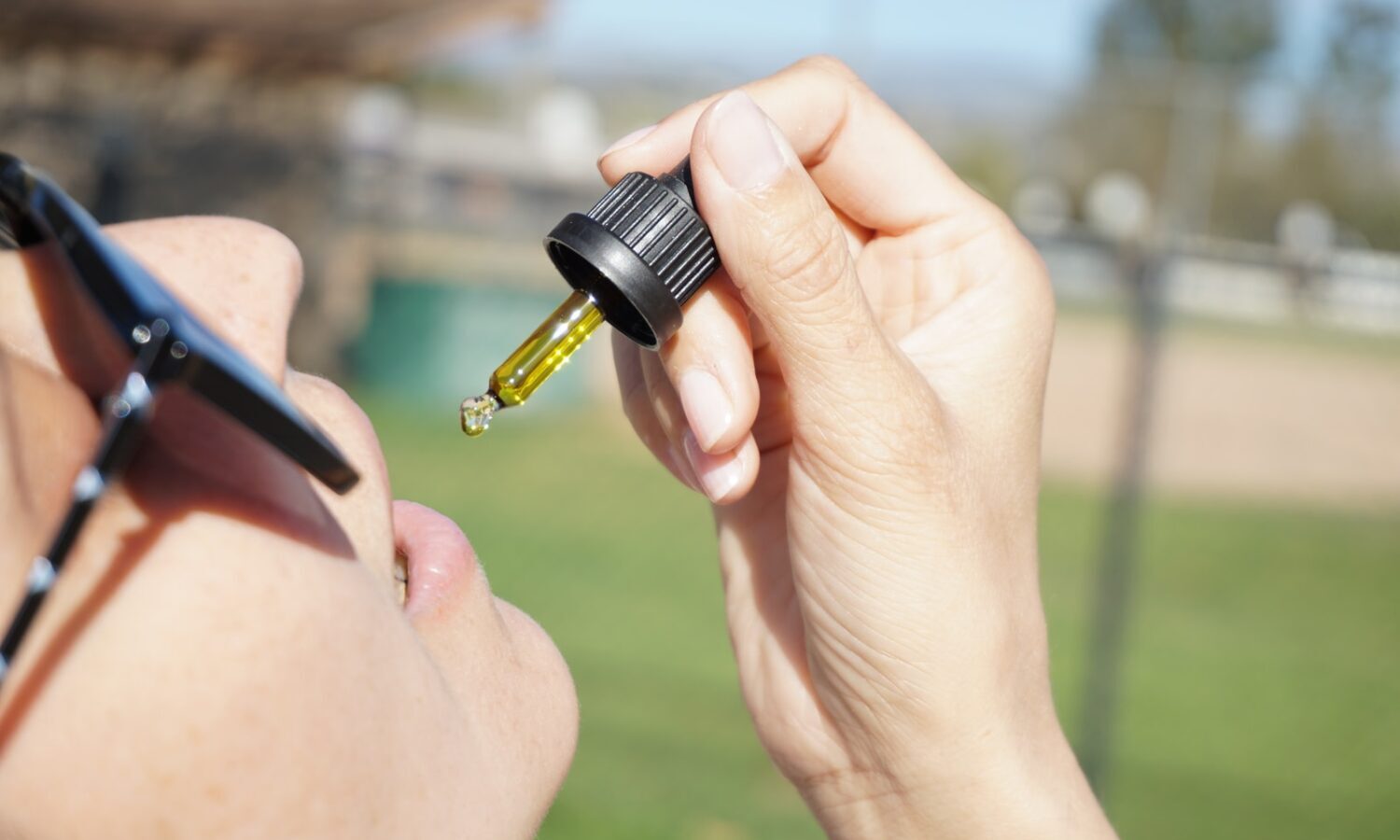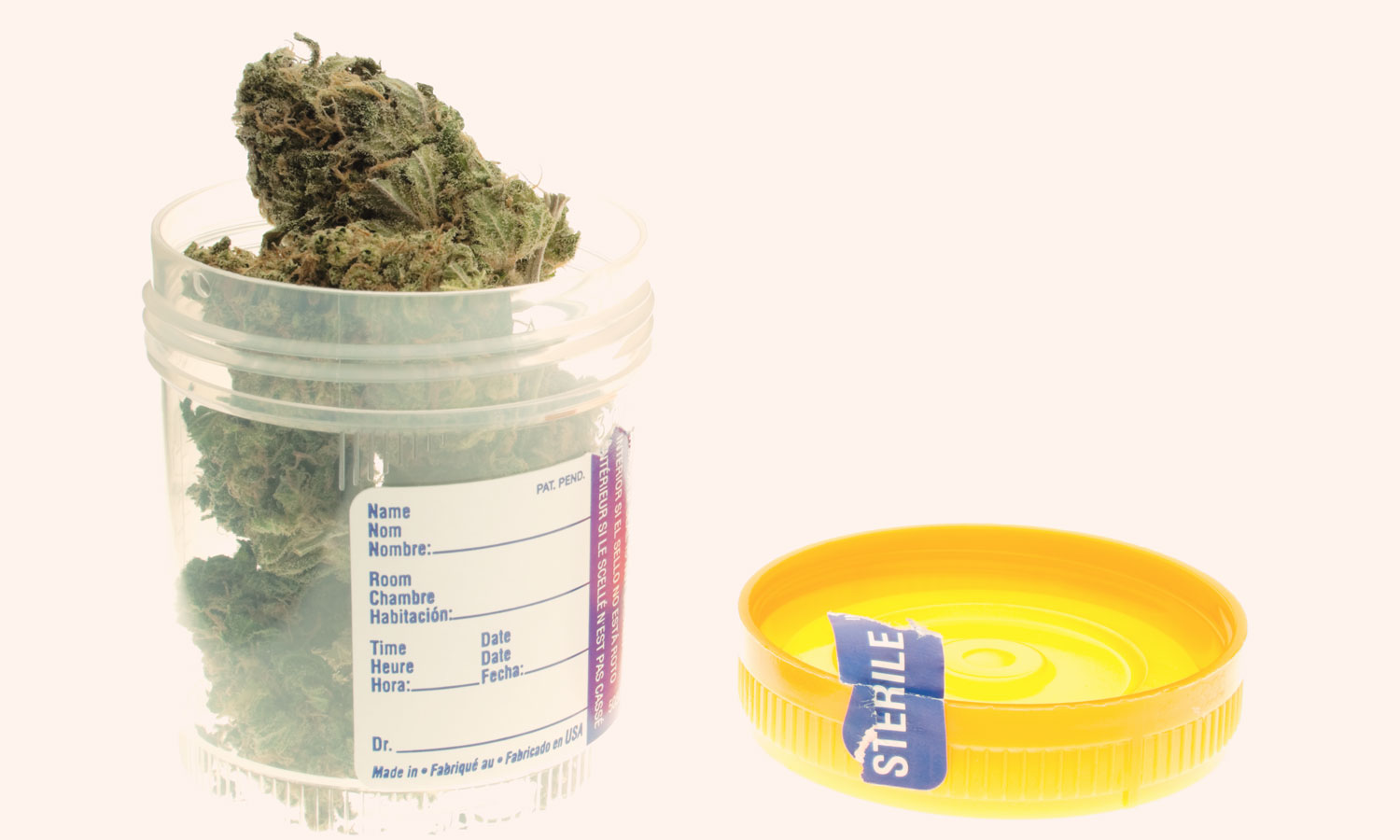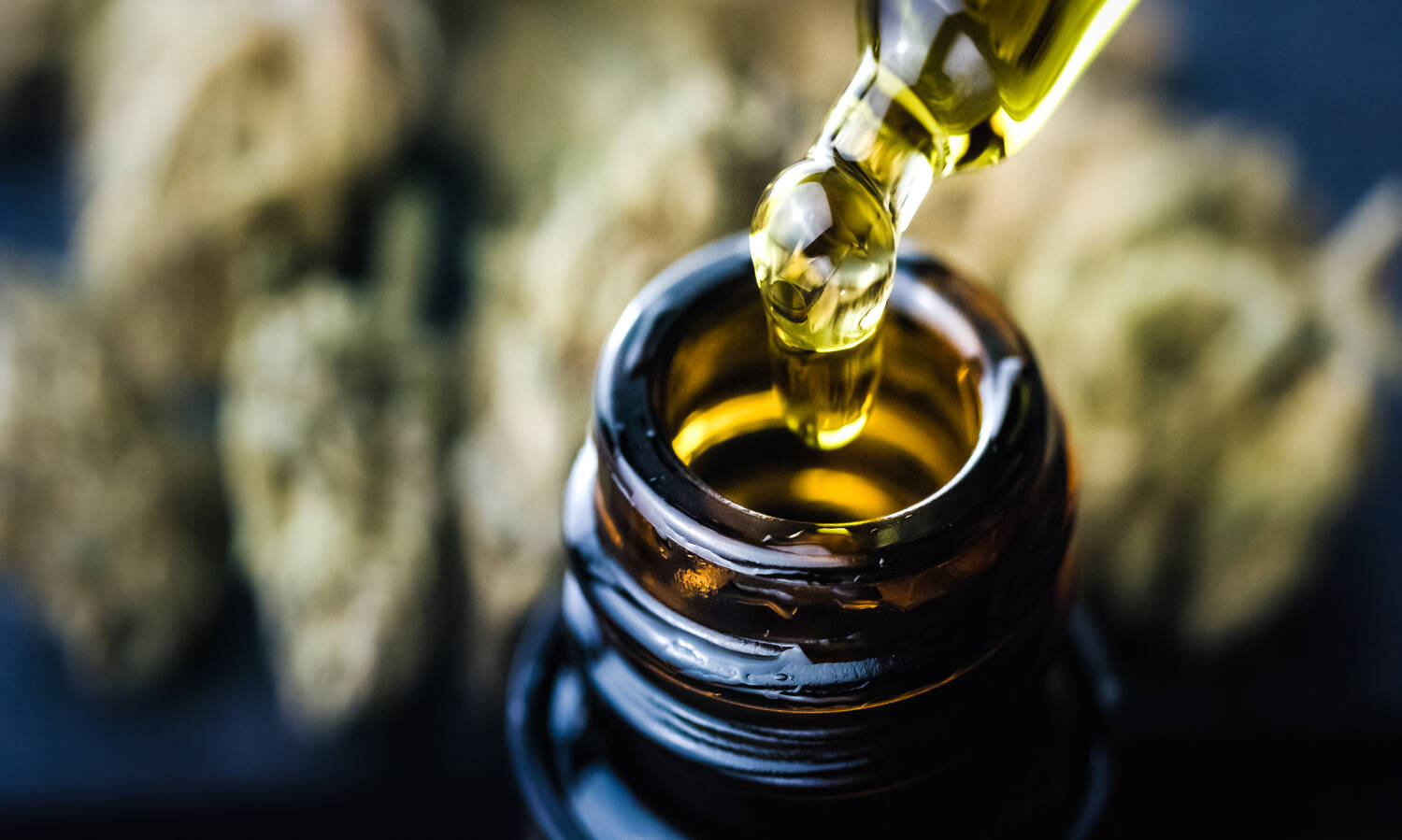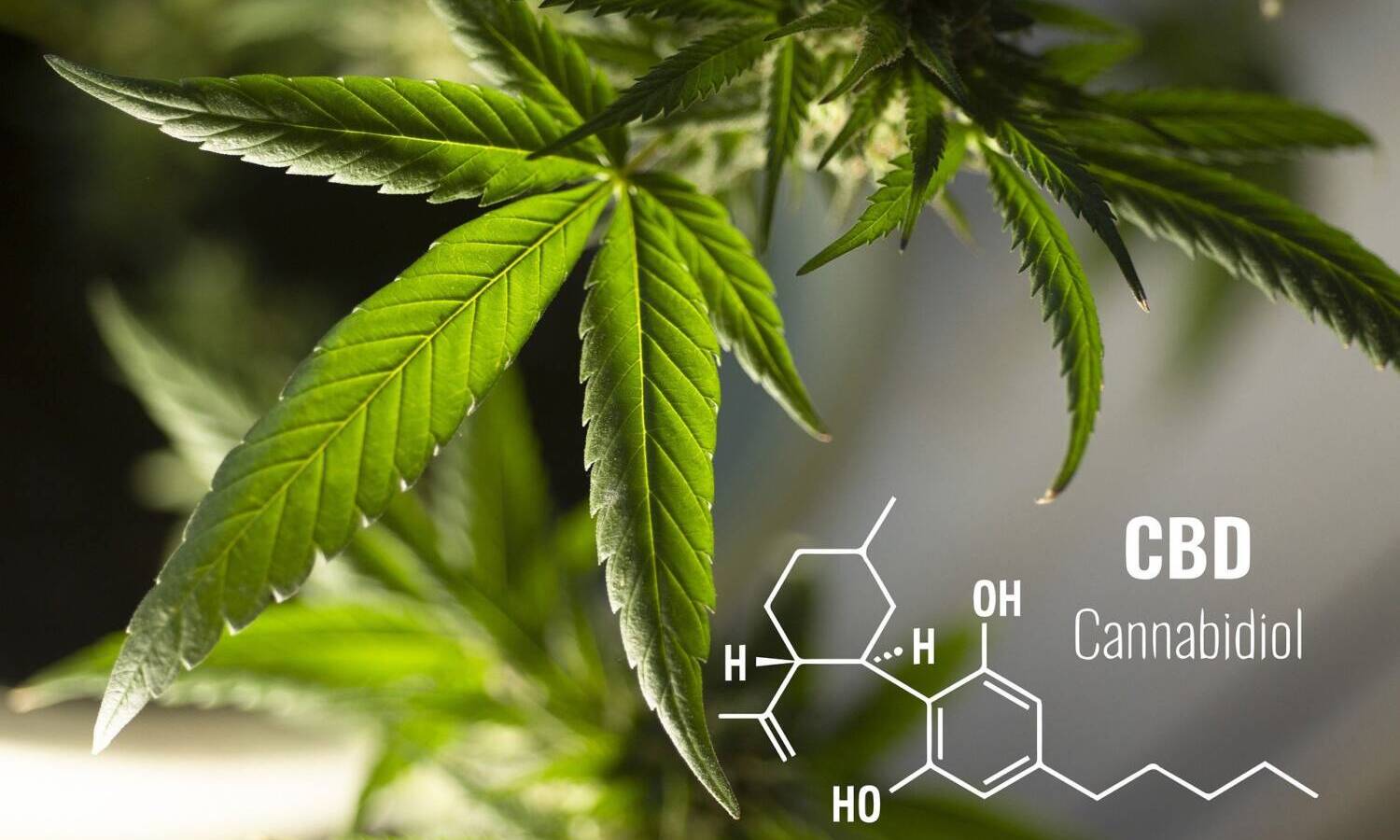There is no standard or universal timeframe that applies to everyone because there are so many different factors that influence it.
This article originally appeared on Cannabis.net and has been reposted with permission.
Cannabidiol (CBD) is no doubt increasing in popularity as well as availability. More states than ever are making it easily available to the adult public in many forms, from beverages to pills, infused edibles, tinctures, and so much more.
Data shows that 1 in 3 Americans have consumed CBD, and more than half of the population is already familiar with CBD products. People use CBD for many reasons including pain reduction, sleep, anxiety, or overall wellness.

RELATED: Asking For A Friend: How Long Does Marijuana Stay In Your System?
Meanwhile, a 2019 survey by the Brightfield Group revealed that 44% of CBD consumers spend anywhere from $20 to $80 a month on CBD products.
But each day, there are new CBD consumers everywhere. After all, what’s not to love about CBD? It doesn’t get you high, it has potent healing benefits, and it helps fight inflammation as well as many other illnesses.
However, some people are still concerned about whether or not it can be detected on a blood test so they wonder how long it stays in the system.
CBD vs. THC
To get down to the answer, it’s also important to get to know the differences between THC and CBD.
Tetrahydrocannabinol (THC) is the psychoactive compound in the marijuana plant. But CBD products are derived from hemp, which is a high-CBD cousin of cannabis. Since industrial hemp has high levels of CBD, authentic CBD products can only be derived from it even if both plants look similar but biologically speaking, the chemical makeup of each plant is extremely different.
This is why when you consume THC products, this cannabinoid is detectable through bodily fluids for long periods of time and is commonly tested for in various drug tests such as some required for work.
Drug Tests
If you are worried about failing a drug test, it’s recommended to consume CBD isolates which are the safest type of CBD on the market. CBD isolates are the purest form of CBD available, made with no other plant compounds not even in trace amounts.
With urine tests, THC can be detected from three days to as long as three months after use, while saliva tests can detect it for 24 hours after use. Hair drug tests can detect it for up to 90 days. Meanwhile, blood tests can detect THC for up to 36 hours after use.
RELATED: Record Number Of Americans Are Failing Drug Tests Due To Weed, So What’s The Answer?
Having said that, drug tests don’t screen for CBD since it isn’t intoxicating unless a lab test is used which is made for detecting CBD specifically. There are dozens of different types of drug tests out there, which all have varying cut-off levels. Legally speaking, hemp CBD products contain 0.3% of THC so it won’t be detected unless you consume extremely high amounts, or unless the drug test was engineered to detect CBD although it is rare for legal and employment reasons.

How Long CBD Stays In Your System
You may still be wondering about how long it stays in your system, and how long its effects will be felt. There is no standard or universal timeframe that applies to everyone because there are so many different factors that influence it, much of which is dependent on our unique body chemistry as well as the ways and frequency with which CBD was consumed.
RELATED: How Long Do Marijuana Edibles Stay In Your System?
Generally speaking, it takes around one day for CBD to be completely flushed out of your system if you took one dose. The more you consume it and at higher doses, the longer it will take for your body to flush it.
Other factors that affect how long CBD remains in your system include:
- Your metabolism, weight, and age
- Frequency of use
- Last day of consumption
- Dosage
- Consumption method
Since CBD is fat-soluble, it is stored in the fat cells of the body instead of water cells. This is why the impact of your body mass index (BMI) has an influence in how fast it’s metabolized once you take it, and how quickly it’s flushed out. The higher your weight and body mass, the longer it takes to leave your system.
Additionally, CBD is available in many forms so how you administer it will have an impact on how long it takes for its effects to be felt, how long it lasts, and how long CBD will stay in your system. Vaporization is the fastest way to deliver CBD into the body, and also leaves the body just as quickly. The onset of CBD tinctures and oils is slightly longer, perhaps 15-20 minutes, though their effects can last as long as 6 hours. Since oral products like edibles and capsules need to make their way through the digestive system, the onset can take 30 minutes though sometimes as long as 90 minutes. It also takes edibles a little longer to leave the system.

For those looking for localized pain relief, CBD topicals are a good option. You can apply anti-inflammatory CBD creams to muscles or joints, anywhere else that has pain, it provides therapeutic effects just on that area. Furthermore, CBD topicals don’t cross the bloodstream so they don’t show up in blood tests.
In a 2016 study, it revealed that participants who consumed CBD through flower, oil, and capsule form then took a urine drug test after 2 hours still had detectable CBD levels. When the urine was retested after 24 hours, traces of CBD were no longer detectable.
Conclusion
When buying CBD products, always be sure to purchase from a reputable manufacturer and one that provides third-party laboratory testing to ensure that it’s derived from the hemp plant. Hemp plants only contain 0.3% THC, which is a trace amount of the drug that won’t show up in a drug tests.
In the event that you happen to false test positively when consuming CBD for a workplace drug test, you can tell your employer that you are consuming CBD products.
At the end of the day, it’s always the safest bet to look for a Certificate of Analysis (CoA) from CBD manufacturers before using it. A CoA will tell you valuable information such as the CBD and THC content in the product as well as any contaminants that has been detected.
This article originally appeared on Cannabis.net and has been reposted with permission.


